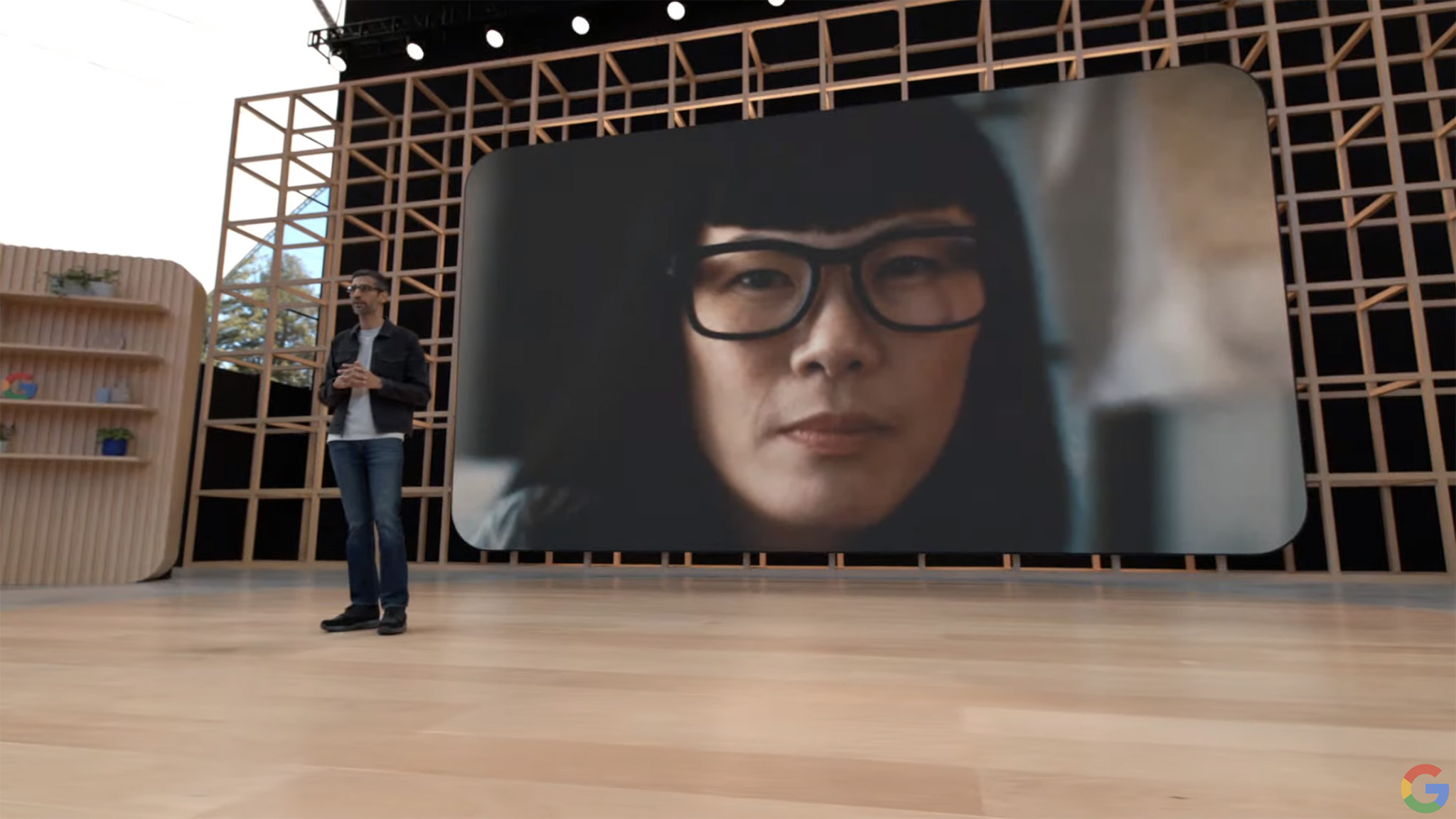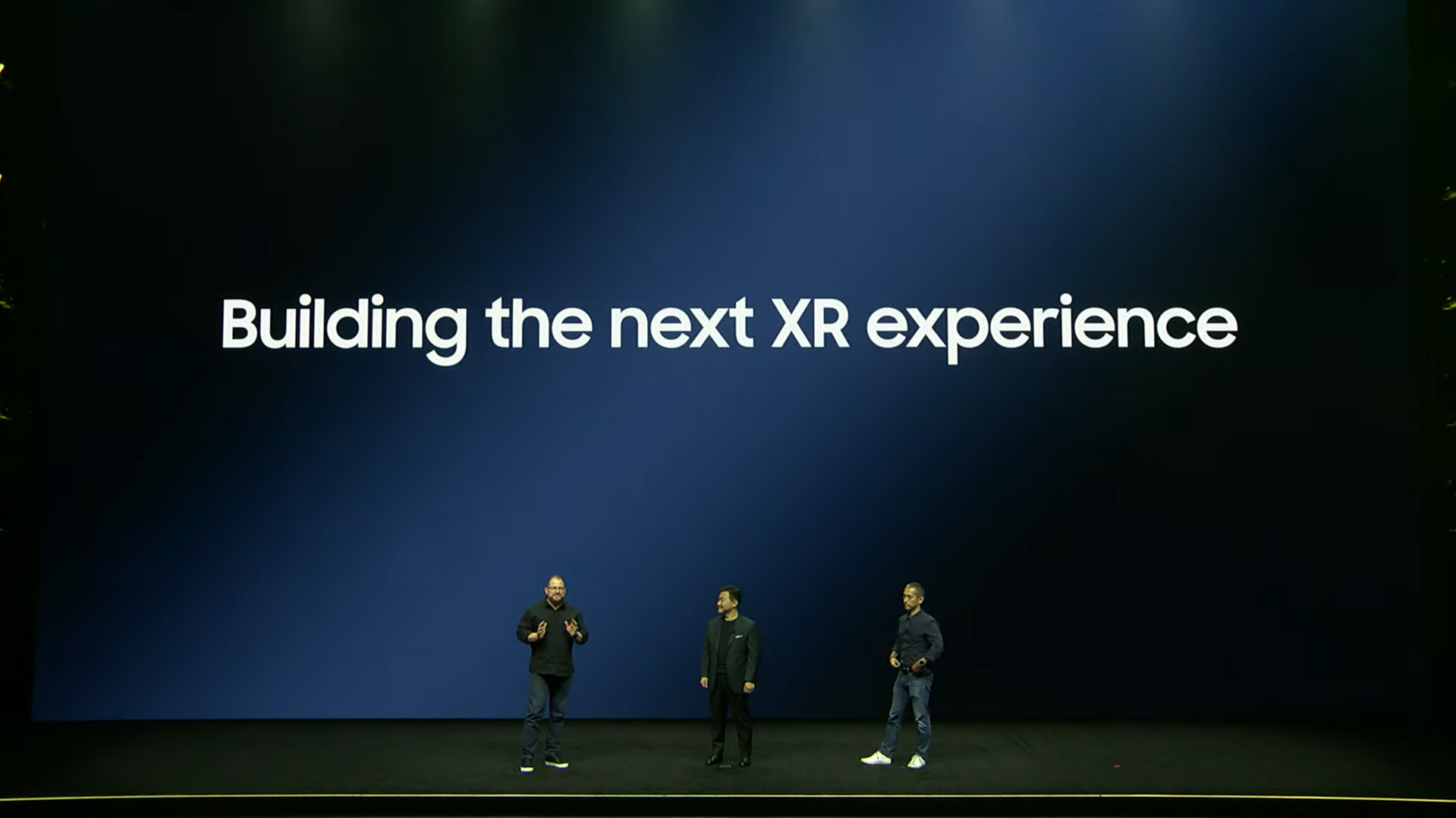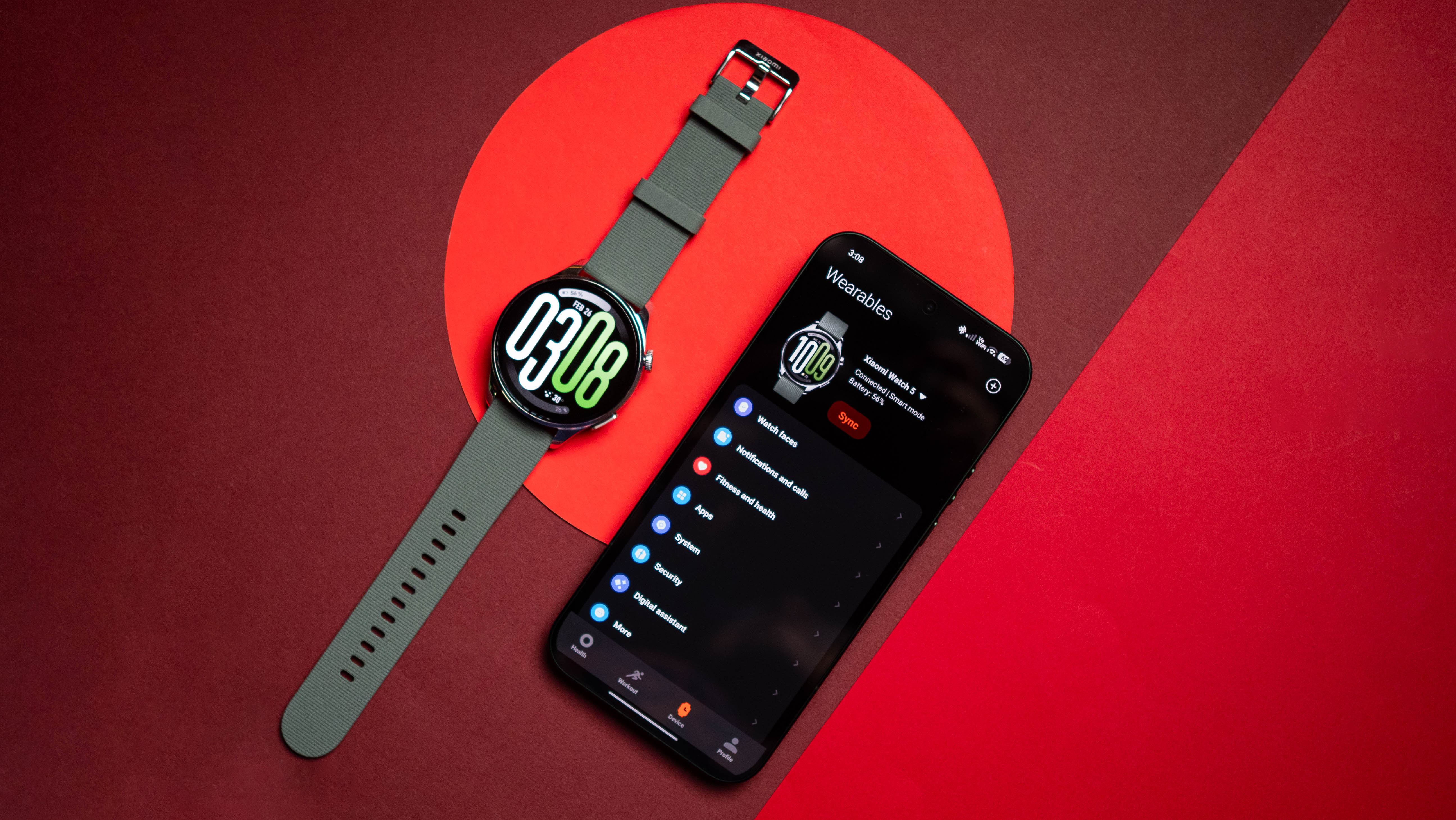Google's AR glasses plans are just as messy as we feared
It's working on a Google Glass successor, a Samsung XR headset, and two other prototypes — but each has its problems.

Get the latest news from Android Central, your trusted companion in the world of Android
You are now subscribed
Your newsletter sign-up was successful
What you need to know
- A Business Insider report details serious issues behind the scenes for Google's mixed-reality division.
- After canceling its Project Iris glasses, Google began a new Micro XR project codenamed "Betty."
- Google is still working with Samsung on an XR headset codenamed "Moohan," but employees are reportedly skeptical about its chances.
- A former Magic Leap CTO is creating a separate Iris spin-off for Google and is "fire-walled" from the above two projects.
- Google hopes to release its first AR glasses by 2025.
Since we learned that Google canned its Project Iris XR glasses, and that Samsung delayed its XR glasses — which use Google software — to better compete with the Apple Vision Pro, our hope for proper Android AR glasses has dimmed. Now, we're even more uncertain about what to expect.
An in-depth Business Insider report (subscription required) offers quotes from frustrated Google XR employees describing an unfocused, partitioned division that's bleeding both budget and talent.
"It's a weird bureaucratic mess," one employee reportedly said. "They're dabbling," said another.
Currently, Insider claims, Google has at least four projects in development. Starting with Google's own hardware, it's working on two XR software projects codenamed "Betty" and "Barry." Betty is spun off from the troubled Iris project and has a monocular design similar to the original Google Glass; Barry is the binocular version with the same "Micro XR" technology.
Google itself could take Betty and Barry in several directions. The original Project Iris switched from glasses to sunglasses and back and couldn't settle on color or monochrome. We saw a brief demo of an Iris prototype with Live Translate at I/O 2022, but Google "shifted away from the idea soon after."
"Every six months there was a major pivot in the program," said one Insider source.
Whatever happens with these XR projects, Google hopes to "secure a partner" to create the actual hardware and believe Samsung "could be that first partner."
Get the latest news from Android Central, your trusted companion in the world of Android

In the meantime, Google is highly focused on Project Moohan, aka Samsung's XR headset built to compete with the Vision Pro. Samsung wants to target 2024 for this mixed-reality headset, which will use Google software, but Google's own employees are "skeptical" they can "come close to the Vision Pro" in such a short window.
At the same time, Samsung reportedly doesn't trust Google because of its own XR ambitions. It demanded that the Project Moohan team not speak to other divisions "for fear they might build a competing product based on that information." This obviously creates a messy situation for Google since different divisions can't communicate and help one another when developing similar technology.
Adding even further to the mess, there's yet another AR division run by former Magic Leap CTO Paul Greco working to create "another Iris-like pair of glasses." Greco's team is "fire-walled from both the Samsung project and the Betty group" and reportedly has to "fight for resources."
Will competition breed success or chaos?
Currently, it appears Google is encouraging a free-for-all rather than putting all their eggs in one basket. Will this work?
Perhaps one Google team will find the winning formula, whereas one massive team with more resources could get too bogged down with different possibilities and expectations. And it may be smart for Google to try its own luck instead of focusing entirely on Samsung's project (which may or may not work).
On the other hand, Google's multiple divisions may all be working separately on similar technology, wasting resources and time because they can't communicate properly. And there's no guarantee that Google's powers-that-be (or its shareholders) will have the patience to see this through.
Google employees believe that its "pullback on spending last year and subsequent push to focus on AI also damaged its AR work," and that its focus on software instead of hardware will hurt them in the long run because it can't count on Samsung to beat Apple in this area.
Meanwhile, we've seen how Meta's internal augmented reality woes have pushed their first commercial AR glasses to 2027. Even with the company making spending cuts, Reality Labs still spends billions per quarter on prototyping; plenty of that goes towards the Quest 3, but augmented reality is still a major focus. And so far, Meta hasn't found its prototype despite spending more than Google.
In other words, this whole Google mess has us feeling less than inspired about the Android XR glasses we were promised. We'll have to wait and see whether Project Moohan, Betty, Barry, or the fourth unnamed project ends up proving the most successful.

Michael is Android Central's resident expert on wearables and fitness. Before joining Android Central, he freelanced for years at Techradar, Wareable, Windows Central, and Digital Trends. Channeling his love of running, he established himself as an expert on fitness watches, testing and reviewing models from Garmin, Fitbit, Samsung, Apple, COROS, Polar, Amazfit, Suunto, and more.
